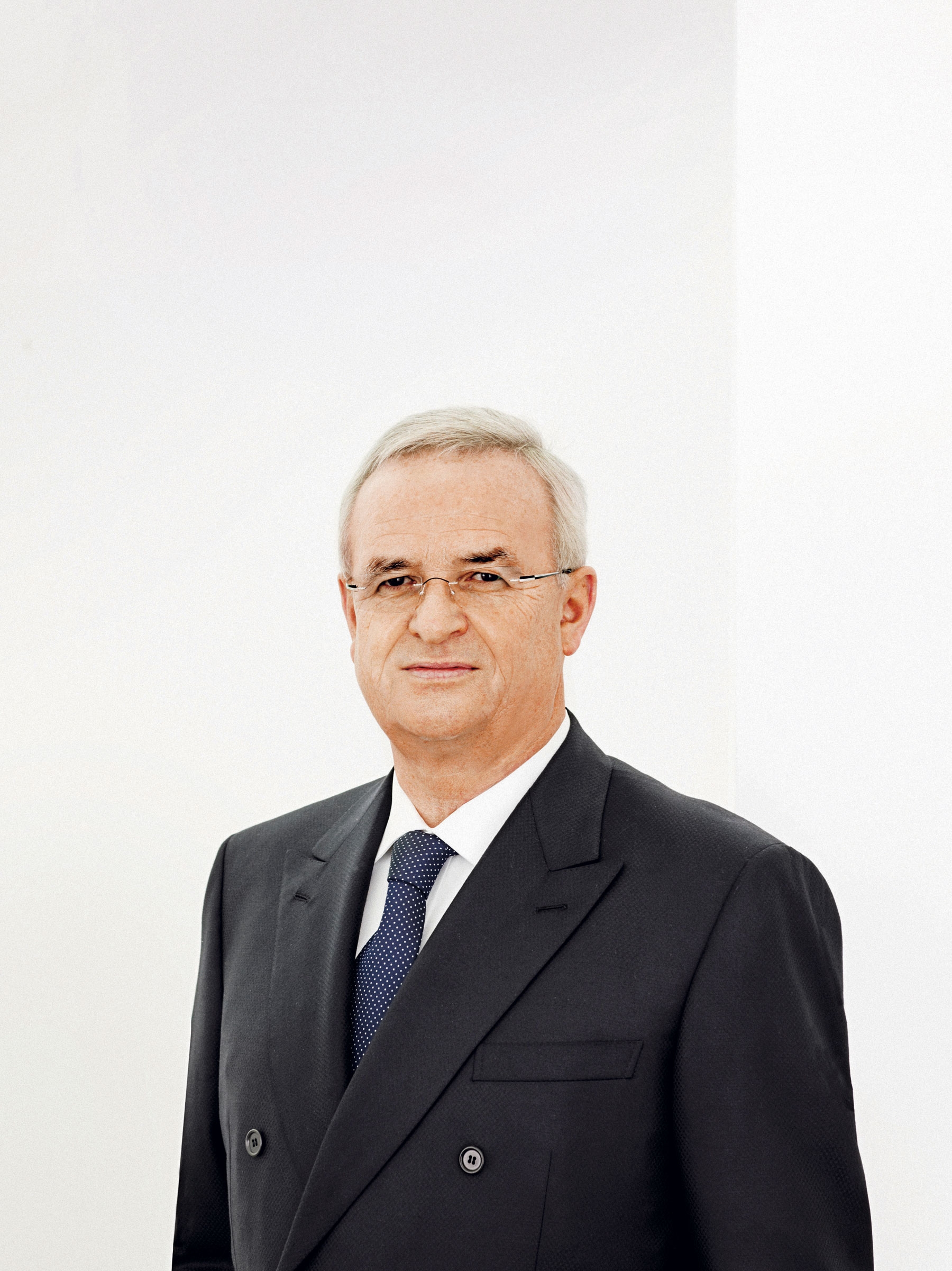El Presidente del Consejo de Dirección del Grupo Volkswagen, Martin Winterkorn, hizo un pronóstico sobre las tecnologías de propulsión del futuro en el Simposio Internacional de Motor de Viena. Las áreas de trabajo en las que se focalizará Volkswagen incluyen el desarrollo de un motor diesel de alto rendimiento que entrega 136 CV por litro de cilindrada y una nueva caja de cambios de doble embrague de 10 velocidades que reduce el consumo de combustible. Entre los sistemas de propulsión alternativos, son los híbridos enchufables los que ofrecen un mayor potencial.
Winterkorn destacó que a medio y largo plazo coexistirán diferentes tecnologías de propulsión. Esto comprenderá desde motores de combustión interna altamente eficientes y sistemas de gas natural hasta vehículos híbridos y eléctricos. Sobre esta base, el Grupo Volkswagen está trabajando para rebajar los niveles de emisiones de CO2 de su nueva flota europea hasta los 95 g/km en 2020.
Winterkorn enfatizó que los actuales motores de combustión interna aún ofrecen mucho potencial: "Desde el año 2000, hemos reducido el consumo de combustible de nuestros motores TDI y TSI más de un 30%. Estoy convencido de que en 2020 podemos conseguir un nuevo incremento del 15% en eficiencia". Los factores que lo harán posible, apuntó, incluyen la mejora del proceso de combustión, un diseño ligero inteligente, estrategias operativas innovadoras y la optimización de los niveles de fricción y la gestión térmica.
Volkswagen también ve un gran potencial para los sistemas de propulsión de gas natural: "El motor de gas es ecológico, económico y adecuado para su uso diario. La tecnología está completamente desarrollada y los vehículos ya están en el mercado". El mejor ejemplo es el nuevo eco-up!, que con 79 g/km de CO2 es el vehículo de gas natural más económico del mundo. El Grupo Volkswagen va a seguir produciendo tecnología de gas natural de forma sistemática con el Golf TGI BlueMotion y el Audi A3 g-tron.
Según Winterkorn, "necesitamos concienciar aún más al público sobre los beneficios de los motores de gas natural. Todo el mundo debe tener su papel en ello: fabricantes, políticos y la industria del combustible".
La variedad de tecnologías de propulsión está creciendo: el sistema de plataforma modular de Volkswagen y su arquitectura flexible permite integrar de forma rápida todos los tipos de sistema de propulsión a los nuevos modelos. "De ese modo, durante los próximos años electrizaremos todos los segmentos de vehículos y ayudaremos al automovilismo propulsado por electricidad a dar el gran salto", apuntó Winterkorn.
A medio plazo, la primera elección en términos de sistemas de propulsión alternativos es la tecnología híbrida enchufable. Esto permite una autonomía puramente eléctrica de hasta 50 km, un alto nivel de idoneidad para el uso diario en virtud de la recarga desde un enchufe en casa y también una completa flexibilidad para viajes largos gracias a un eficiente motor de combustión interna. Los primeros híbridos enchufables del Grupo Volkswagen, el Porsche Panamera y el Audi A3 e-tron, pronto serán producidos de forma completa. Les seguirán el Golf y muchos otros modelos, como el Passat, el Audi A6 y el Porsche Cayenne.
Volkswagen también presentó en el simposio nuevas tecnologías que se están abriendo camino en sistema modular de componentes diesel de la futura generación de motores. Estos motores diesel de alto rendimiento alcanzan una máxima potencia de 136 CV por litro de cilindrada, contando con una distribución variable de válvulas y un sistema de inyección de alta presión de hasta 3.000 bar y carga combinada con el innovador e-booster.
























































